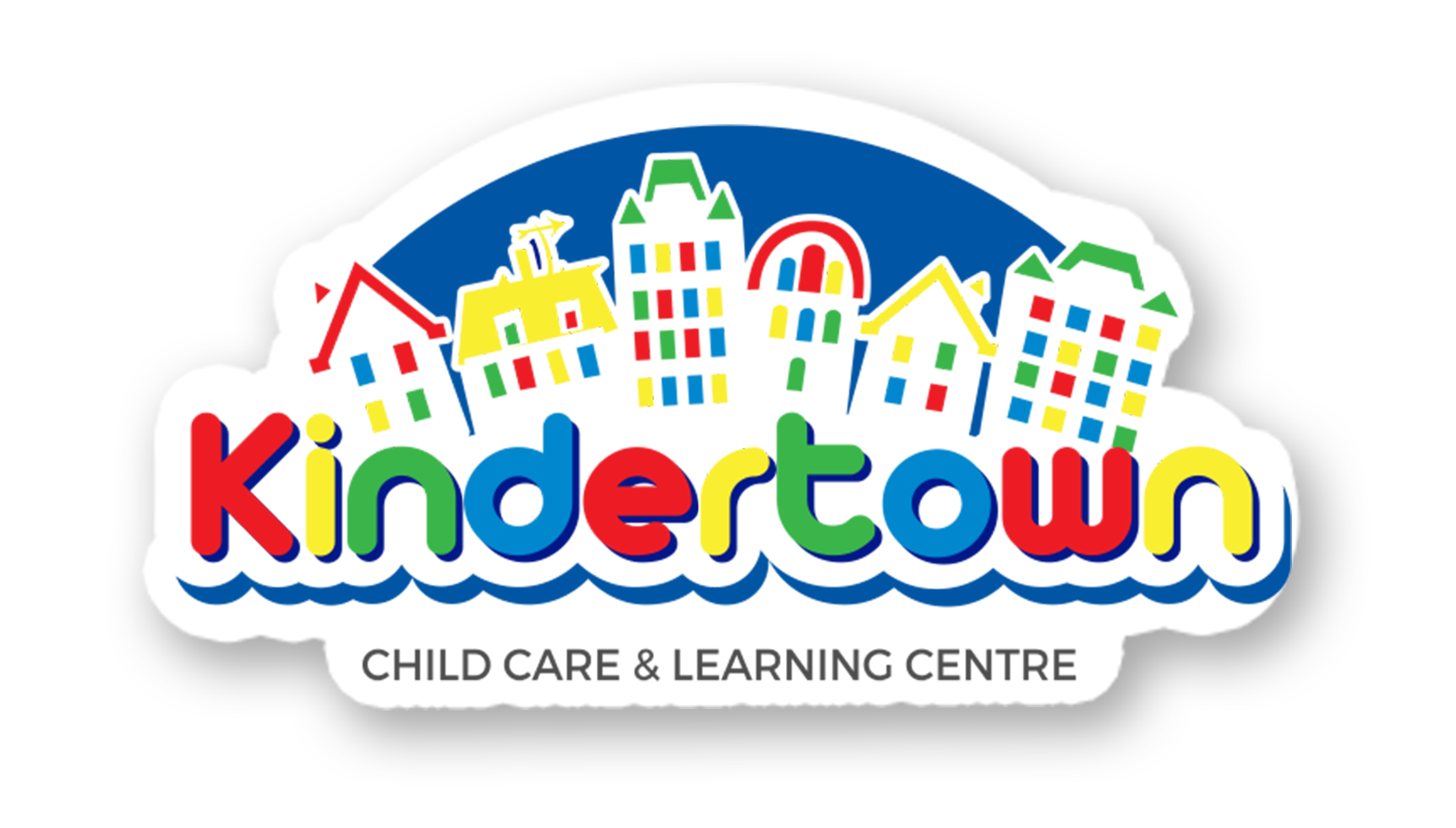Living Pedagogical Approach
In recent years, there has been a growing interest in the idea of a living pedagogical approach in early learning curriculum. This approach is based on the belief that learning is a process that is always ongoing and that it is essential for educators to create an environment that promotes lifelong learning. In this blog post, we will discuss the benefits of a living pedagogical approach in early learning curriculum. At Kindertown, we have been learning with these concepts for a few years, but we are continually exploring new ways to integrate a living pedagogical approach into our programming.
A Focus on the Child
One of the most significant benefits of a living pedagogical approach is that it places a strong focus on the child. The approach recognizes that each child is unique and has their own individual needs, strengths, and weaknesses. It emphasizes the importance of building positive relationships with children, creating a safe and nurturing environment, and promoting their holistic development. By focusing on the child, educators can create a learning environment that is engaging, meaningful, and relevant to their experiences and interests.
Promoting Lifelong Learning
Another key benefit of a living pedagogical approach is that it promotes lifelong learning. By emphasizing the importance of ongoing learning and development, educators can encourage children to become active, curious learners who are eager to explore and discover the world around them. This approach helps to cultivate a love of learning that can last a lifetime, preparing children for success not only in school but in all aspects of their lives.
Integrating Real-World Experiences
A living pedagogical approach also encourages the integration of real-world experiences into the curriculum. It recognizes that children learn best when they can connect their learning to their everyday experiences and the world around them. By incorporating real-world experiences into the curriculum, educators can help children to develop a deeper understanding of the world, while also building their critical thinking and problem-solving skills.
Building Positive Relationships
Positive relationships are essential for the healthy development of children. A living pedagogical approach emphasizes the importance of building positive relationships with children, families, and the wider community. It recognizes that when children feel supported, respected, and valued, they are more likely to feel safe and secure, and to engage actively in their learning.
Promoting Creativity and Imagination
Finally, a living pedagogical approach promotes creativity and imagination. It recognizes that children are naturally creative and imaginative, and that these skills are essential for their holistic development. By encouraging children to express themselves through a range of creative activities, such as art, music, drama, and storytelling, educators can help children to develop their creative skills and to foster a love of self-expression.
A living pedagogical approach in early learning curriculum has numerous benefits. By placing a strong focus on the child, promoting lifelong learning, integrating real-world experiences, building positive relationships, and promoting creativity and imagination, educators can create a learning environment that is engaging, meaningful, and relevant to children's experiences and interests. This approach can help to prepare children for success not only in school but in all aspects of their lives, promoting their holistic development and helping them to become active, curious, and engaged learners

